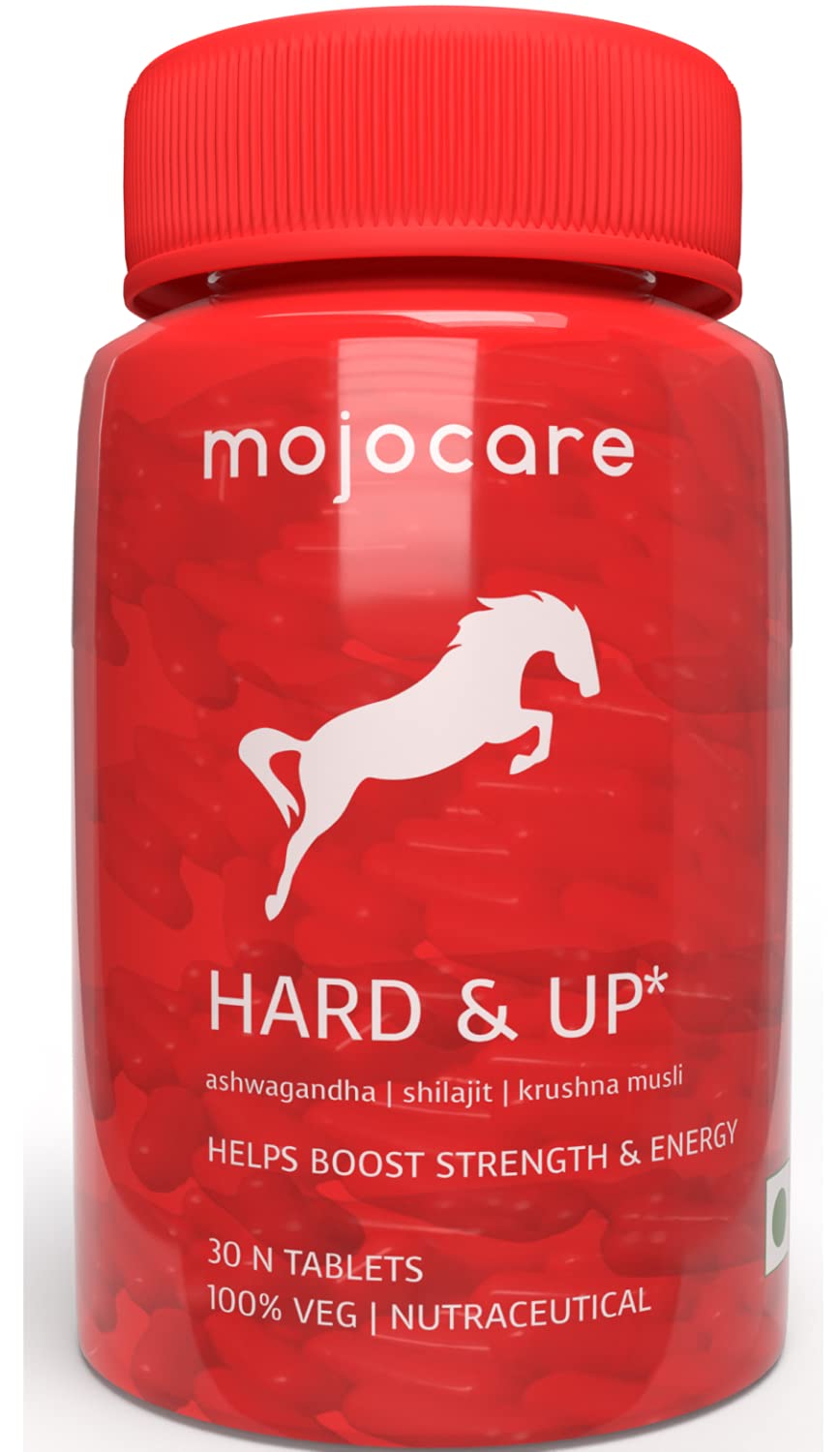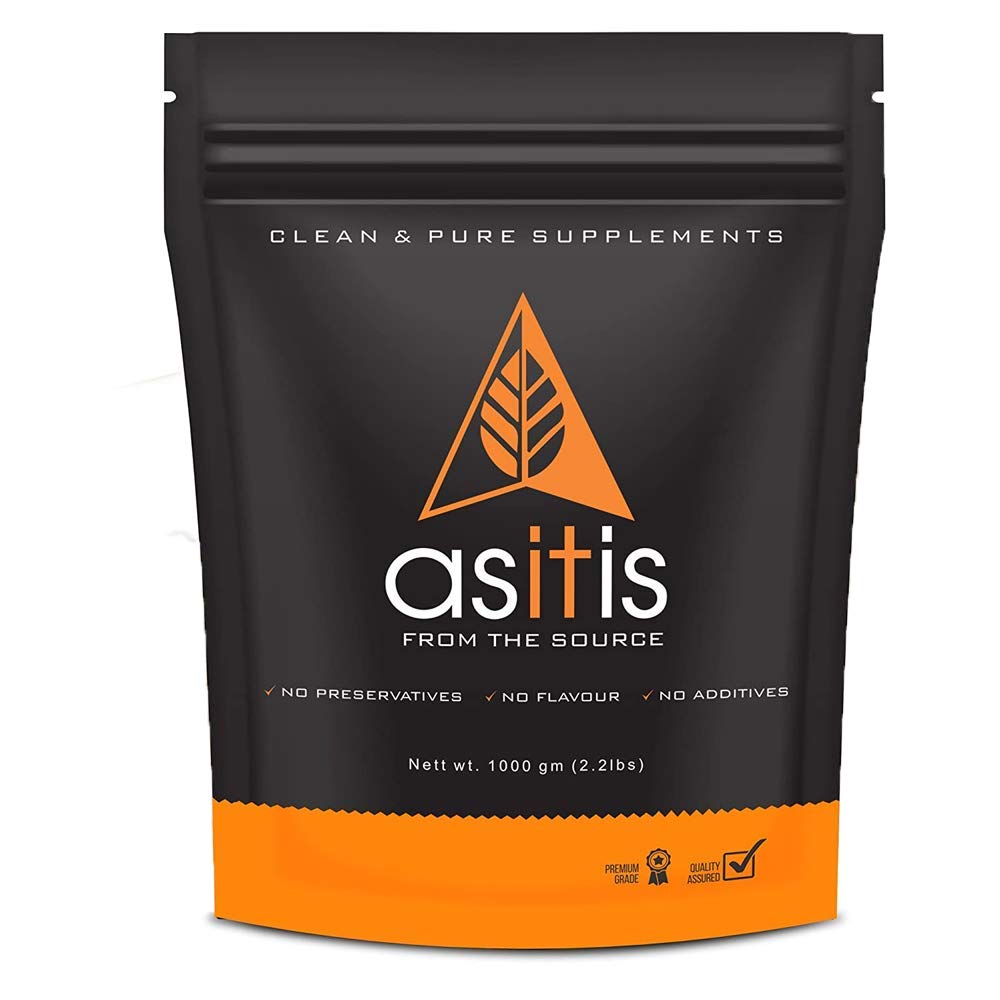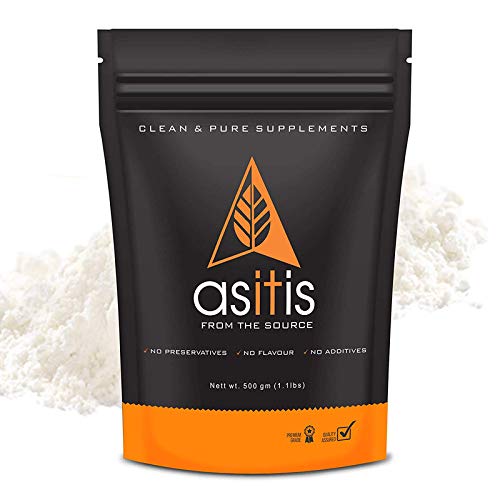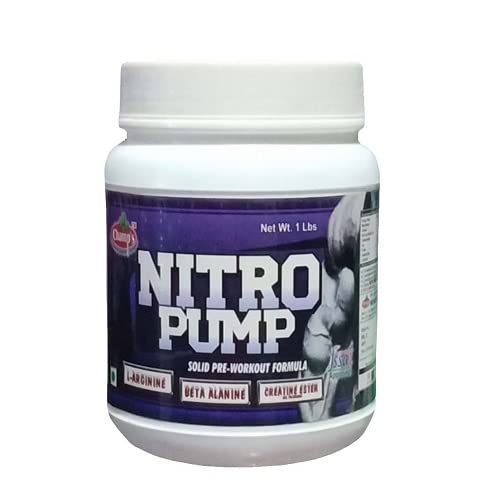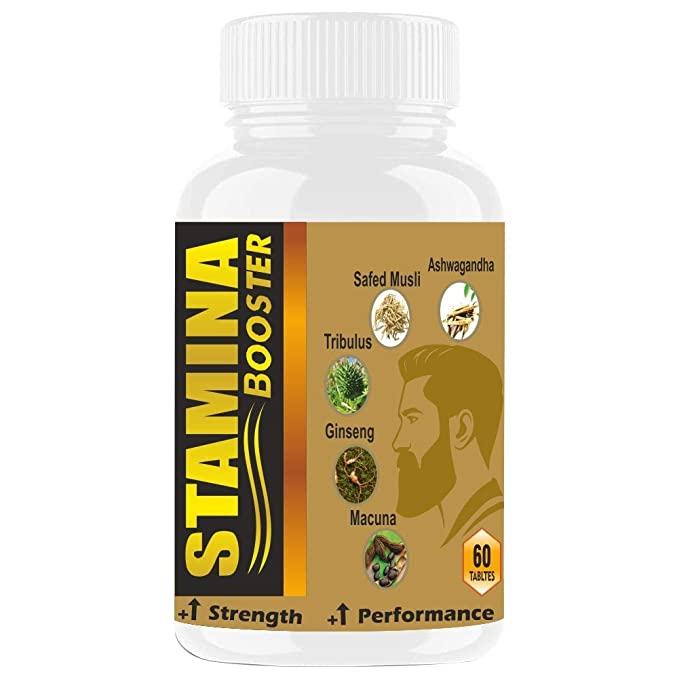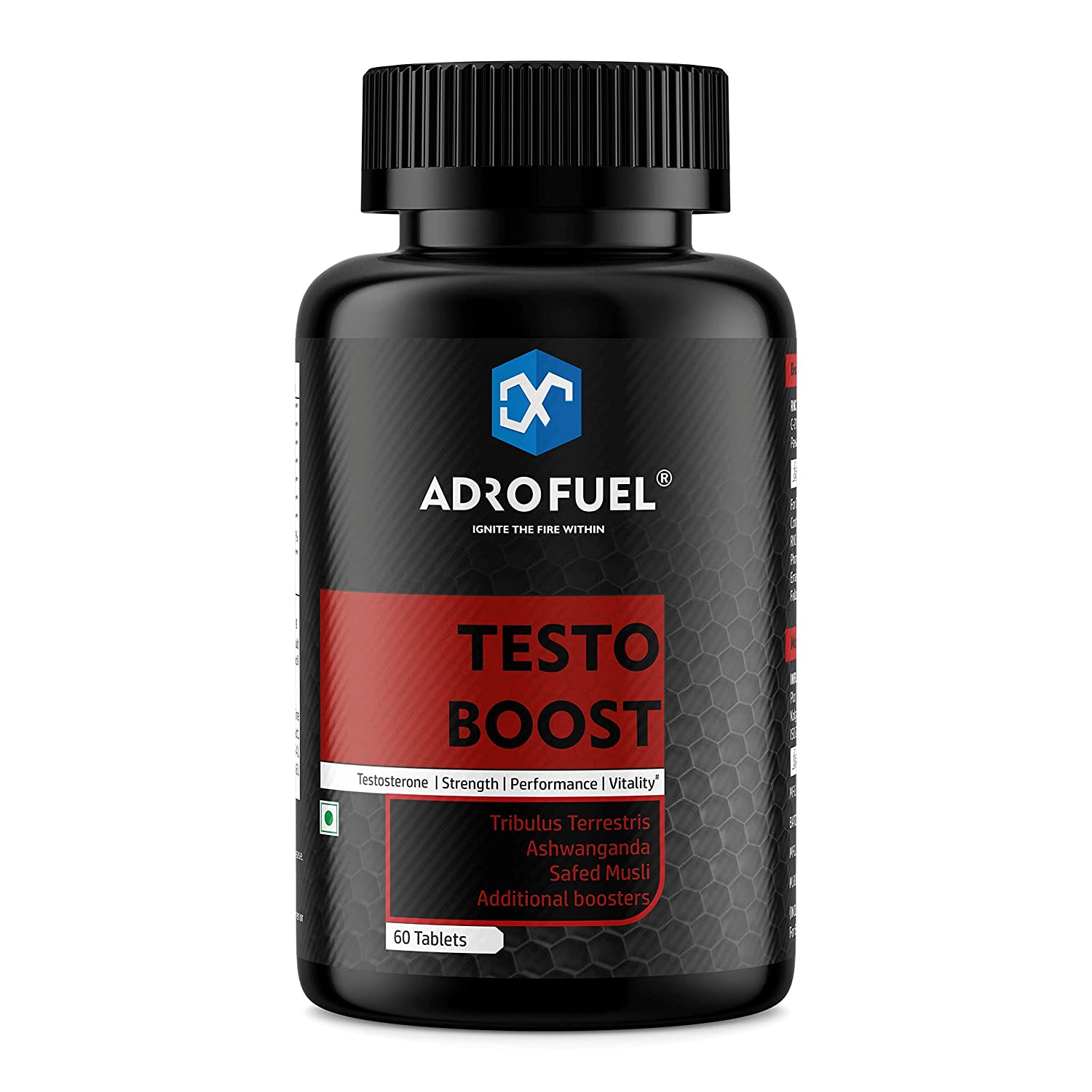L-Arginine
Macronutrient
Last update date: October 11, 2023
L-arginine is a non-essential amino acid; the body makes all the L-arginine it needs. Protein-rich foods like fish, red meat, poultry, soy, whole grains, beans and dairy products are some of its sources.
Frequently Asked Questions
1.
What is L-Arginine?
L-arginine is an amino acid that helps the body build protein. It is classified as a semi-essential amino acid because, under normal circumstances, your body can produce sufficient amounts of L-arginine. However, certain conditions, such as growth periods, illness, or intense physical activity, may increase the demand for L-arginine, making it essential to obtain it from your diet. L-arginine also plays a vital role in the production of nitric oxide, a molecule that helps widen blood vessels, improving circulation. Additionally, L-arginine stimulates the release of insulin, a hormone that regulates blood sugar levels. You can find L-arginine naturally in various foods or opt for supplements if recommended by a healthcare professional.
2.
What is positive impact of L-Arginine?
L-arginine has two primary effects: it turns into nitric oxide and helps the body build protein. These effects give L-arginine an array of potential benefits. Here are some positive impacts of L-arginine: Supporting heart health: L-arginine aids in improving blood flow by promoting vasodilation, which can benefit individuals with certain heart conditions and help reduce the risk of cardiovascular disease. Reducing chest pain: L-arginine supplementation may help alleviate symptoms of angina, a type of chest pain caused by reduced blood flow to the heart. Helping build muscles: L-arginine is involved in protein synthesis, which is essential for muscle growth and repair. It may assist athletes and individuals engaging in regular exercise in enhancing their muscle-building efforts. Repairing wounds: L-arginine plays a role in collagen synthesis, which is crucial for wound healing. Adequate levels of L-arginine may help speed up the recovery process and promote healthier skin. Improving male fertility: L-arginine is involved in sperm production and function. It may have a positive impact on male fertility by enhancing sperm quality and motility.
3.
What is negative impact of L-Arginine?
L-arginine, when taken as a supplement, may have some potential side effects. These can include nausea, diarrhea, bloating, and abdominal pain. However, in some cases, serious complications may arise. Individuals with herpes outbreaks should be cautious as L-arginine may stimulate the replication of the virus. Additionally, it can lower blood pressure temporarily, so those with low blood pressure or taking medications for hypertension should exercise caution. Allergic reactions and potential interactions with medications are also important considerations. If you have existing health conditions or take medications, it's advisable to consult a healthcare professional before using L-arginine supplements.
4.
Who should avoid L-Arginine?
While L-arginine is generally safe, certain individuals should avoid or use caution with its supplementation. This includes people with a history of herpes outbreaks, low blood pressure, kidney or liver disease, and those taking specific medications. It's important to seek guidance from a healthcare professional before using L-arginine supplements if you fall into any of these categories.


